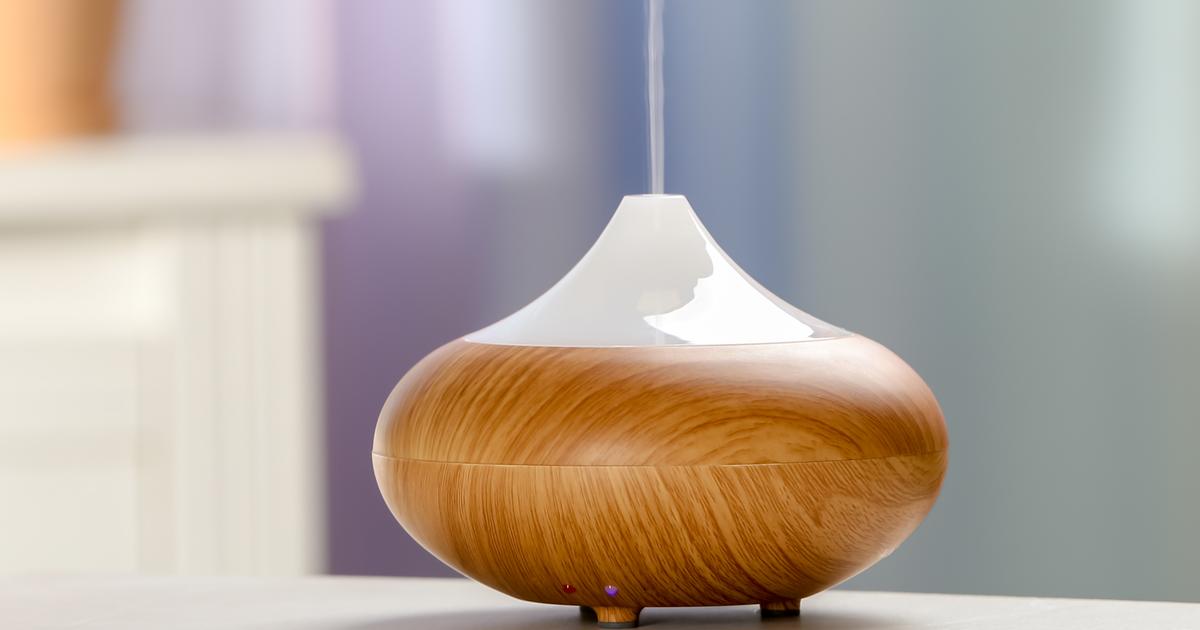Are Oil Diffusers Healthy?
Essential Oils During Pregnancy

Pregnant women are more sensitive to the effects of essential oils than other patient populations, and the use of essential oils during pregnancy should be approached with caution. Many essential oils are unsafe during pregnancy, including basil, birch, hyssop, tea tree, and rose. These oils could cause stimulation of the uterus, and they may affect blood pressure or have potential risks for the fetus. Oils known to be safe for use by pregnant women include lavender, bergamot, lemon, ylang-ylang, and frankincense.
Oil diffusers are the safest method for essential oil use during pregnancy; topical use and ingestion tend to have much stronger effects. Women who are pregnant or breastfeeding should always ask their healthcare team about the safety of essential oils for their particular health status, and they may wish to use essential oils under the guidance of a provider who has experience in clinical aromatherapy.
Importance Of Dilution

The importance of dilution of essential oils cannot be overstated. Improper dilution of these oils could create overly concentrated solutions, and this might have toxic effects if the oils are ingested or used incorrectly. Patients should educate themselves on proper dilution ratios and carrier volumes, each of which will vary depending on the specific oils used. In general, a carrier volume for a one percent solution in a half-ounce container would include only three drops of the essential oil. The recommended dilution ratio for use with elderly individuals and children is 0.5 percent, and a two percent dilution ratio is recommended for oils intended for topical use. Concentrated massage oils intended to be used on a small area can be safely diluted at a four percent ratio.
